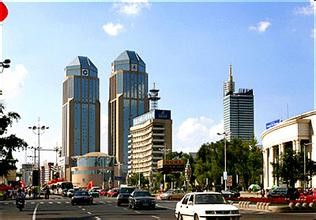
Several major economic reforms are expected to be fine-tuned by China this year.
However, the speed of implementation and its extent will remain to be seen, according to some pundits. The expected further liberalization of the Chinese economy has attracted the attention of global media, especially last month when the annual Central Economic Work Conference in Beijing convened in December last year.
Economic pundits and media observers are still speculating about the initial steps in implementing the planned reforms. The new national leadership seems determined to follow up on its commitment to overhaul the economy to make the country more conducive for investments and business. After the Third Plenum Session of the 18th Communist Party of China Central Committee in November last year, the international excitement has been heightened.
The central committee has announced an ambitious ten-year program. The plan includes the establishment of a high-level commission that is tasked to coordinate the nationwide implementation of reforms. Top-level central government officials attended the four-day economic work conference. They included members of the seven standing committees of the Political Bureau of the Communist Party of China Central Committee. Top officials also included President Xi Jinping and Premier Li Keqiang.
Pundits and economic experts are interested to see the specific growth targets that will be set by the Chinese government. It is expected that direct government control on the markets and enterprises will be further loosened to give way for private initiatives starting this year. The figures for economic growth target success for 2013 are still unknown as the public still waits for the official announcements. However, it is widely expected that China's economy achieved at least 7.6 percent growth last year.
It is likely that the Chinese government will somewhat relax its target to enable sufficient room for structural economic reforms on the large scale.



























